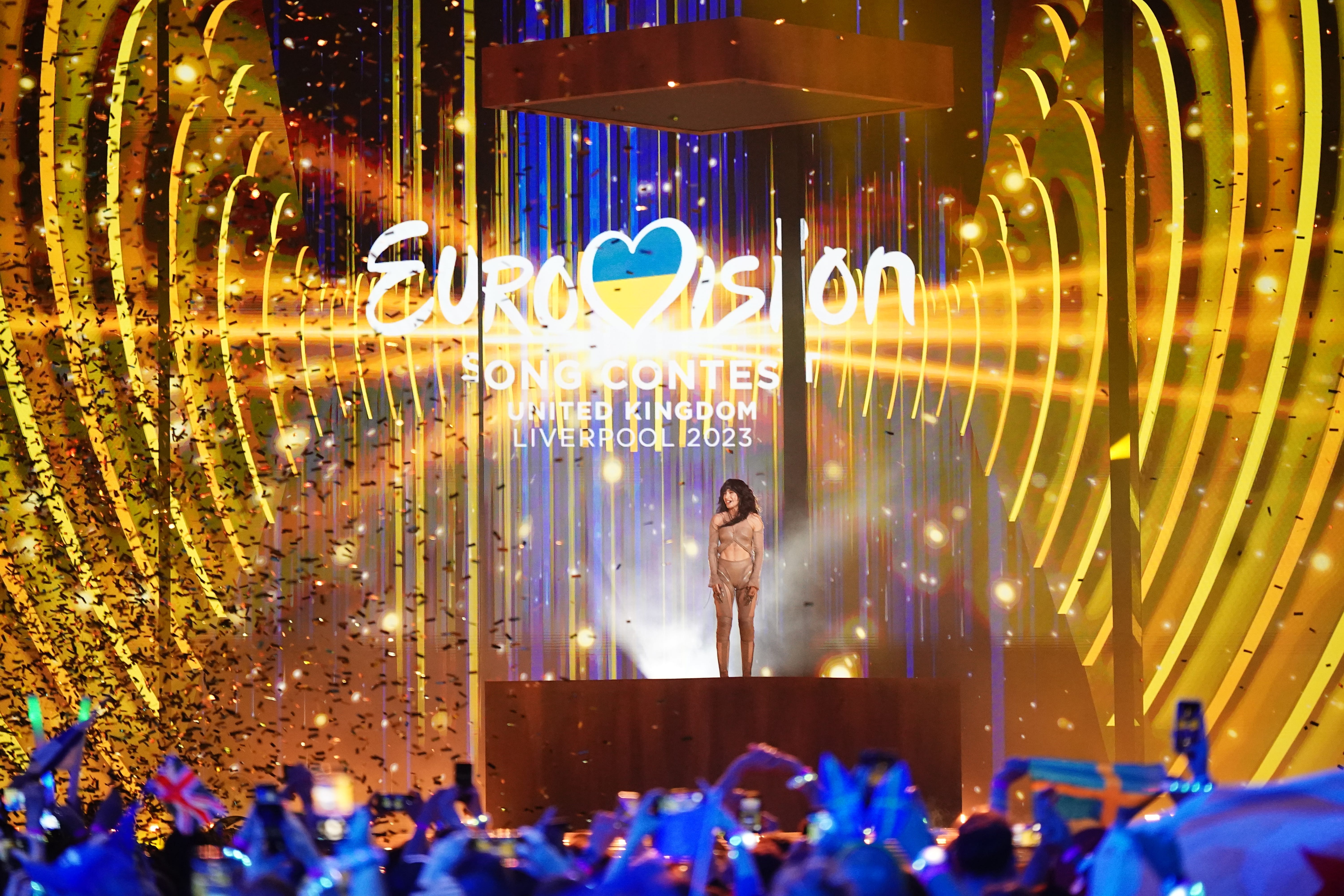Eurovision organisers say abuse of contestants over Israel ‘unacceptable’
The UK entrant Olly Alexander last month rejected calls for him to boycott the music competition amid the conflict in the Gaza strip.

The organisers of the Eurovision Song Contest have said that the abuse and harassment of contestants over Israel’s inclusion is “unacceptable and totally unfair”.
The UK entrant Olly Alexander last month rejected calls for him to boycott the music competition amid the conflict in the Gaza strip, which has seen more than 33,000 Palestinians killed since October.
In a statement on Tuesday, Jean Philip De Tender, deputy director general of the European Broadcasting Union (EBU), said that it took the decision to include Israeli broadcaster Kan and the country’s entrant Hurricane, performed by singer Eden Golan.
He said he understands that Eurovision takes place “against the backdrop of a terrible war in the Middle East” and this has provoked strong feelings, but criticised artists being “targeted” on social media.
De Tender added: “While we strongly support freedom of speech and the right to express opinions in a democratic society, we firmly oppose any form of online abuse, hate speech, or harassment directed at our artists or any individuals associated with the contest.
“This is unacceptable and totally unfair, given the artists have no role in this decision.
“The EBU is dedicated to providing a safe and supportive environment for all participants, staff, and fans of the Eurovision Song Contest. We will continue to work closely with all stakeholders to promote the values of respect, inclusivity, and understanding, both online and offline.
“We urge everyone to engage in respectful and constructive dialogue and support the artists who are working tirelessly – on what is a music and entertainment show – to share their music with the world.”
Similar statements have been released in the past by the EBU.
Following the outbreak of the Israel-Hamas war, Queers for Palestine circulated a letter signed by actors Indya Moore, Brigette Lundy-Paine and Maxine Peake calling for Alexander to stop participating.
In March, Alexander along with Irish hopeful Bambie Thug and Danish entrant Saba as well as other Eurovision artists released a joint statement, backing “an immediate and lasting ceasefire” but refusing to boycott the event.
That same month, Israel unveiled its new entry as Hurricane, performed by singer Eden Golan.
Her original track, October Rain, had caused controversy as the lyrics were thought to reference the Hamas attacks of October 7 before being changed following the backlash.
Last year, Sweden won the contest with the song Tattoo by Swedish singer Loreen, with Eurovision 2024 due to take place in Malmo in May.
Bookmark popover
Removed from bookmarks